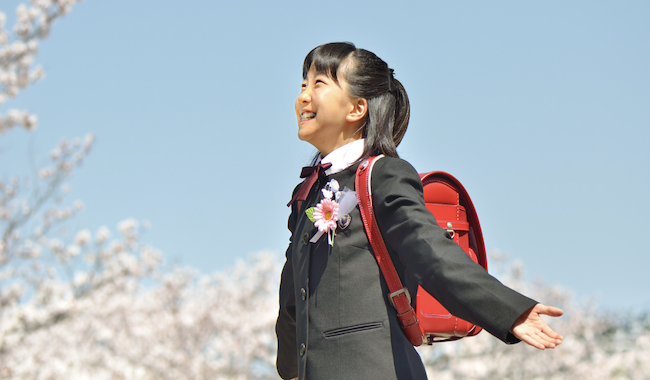

Support Available to Children With Foreign Roots Entering Elementary School
Children’s school lives at elementary school are very different from kindergarten or nursery school. Parents roles also change; Although they do not need to pick up and drop off children at school, they can help their children by checking their belongings, helping them with homework, etc. How children will spend their time after coming home may need to be more structured. Especially for children with foreign roots, it may take some time to understand language and adapt to customs. Here is some support available for children with foreign roots entering elementary school:
School Life of Children in First Grade of Elementary School
◯Class Content:
Classes in first grade are focused on learning the basics, such as reading, writing and arithmetic. There are also experiential learning classes including physical education and music. In addition, there are school events like student presentations and sports meetings where students can demonstrate what they have learned.
◯School Life:
There is a fixed daily schedule for classes and breaks at school. The schedule includes lunch time and cleaning time. As children have more opportunities to work together at elementary school, they need to learn how to interact with friends and understand the rules.
◯Homework:
In general, children in first grade do not seem to have that much homework. However, there is some homework that requires parental confirmation, such as reading aloud and arithmetic calculations.
Roles of Parents of Children in First Grade
Once children start elementary school, the daily routine of parents also changes. Parents’ roles include watching over their child as they get used to their school life, supporting them with their homework and learning, and supporting school events by preparing or participating. Children go home on their own after school. The time they get home varies depending on the child and the day. Children go home before lunch time on the days when school lunches are not provided. Working parents need to decide if their child goes to an after-school care program or, if not, how their child spends time after getting home from school.
Support Available for Children With Foreign Roots
When children with foreign roots enter Japanese elementary school, language and cultural differences must be taken into consideration. Children whose native language is not Japanese may have difficulty understanding class content or communicating with friends. They also need to adapt to cultural differences such as etiquette and customs. Parents/guardians need to understand the Japanese education system. Look below to see what kind of support is available when facing these challenges:
◯School Support:
At public elementary schools, Japanese-language education support (and possibly interpretation services), are available for children/guardians with foreign roots, depending on the case. You can contact the school counselor if assistance is needed.
◯Community Support:
Your local international exchange center and community volunteers may provide language support to families with foreign roots as well as hold cultural exchange events.
Multicultural Coexistence Support Organizations in Tokyo:
◯Online Communities:
There are some websites and online communities that provide useful information and advice on learning the Japanese language and adapting to school life for children and their families with foreign roots.
If there are any concerns about your child’s new school life, contact the Child Care Support Division at your local government office or the school that your child is planning to join, so that you can receive necessary support or introductions to support providers.

